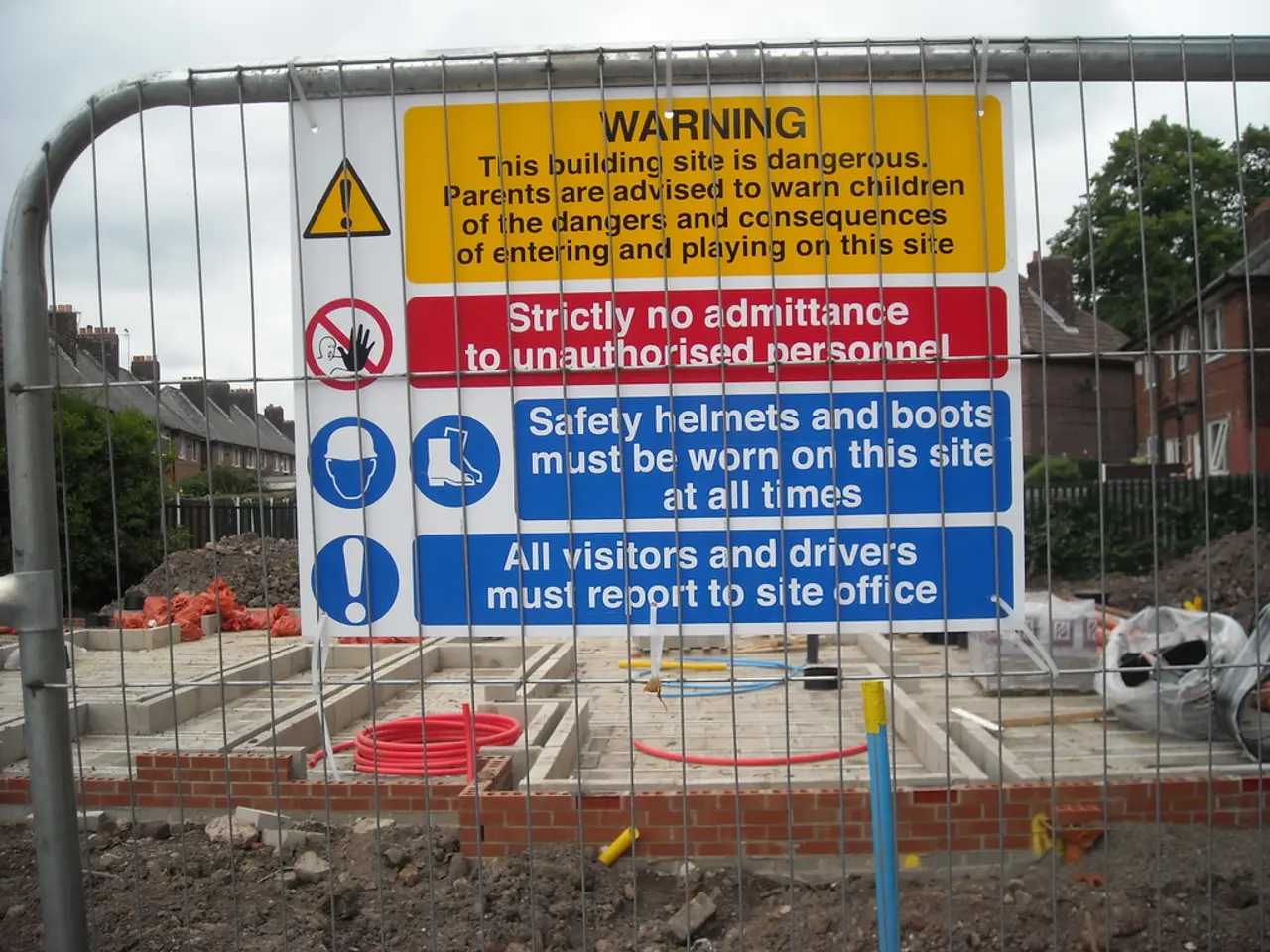Critics argue that the proposed revisions to Ontario's municipal code of conduct regulations contain flaws, sparking controversy.
Ontario's Bill 9, the Municipal Accountability Act, 2025, is a proposed legislation aiming to give municipal councils the power to remove misbehaving or unethical members. However, the bill has sparked debates and proposed changes regarding the removal process and alternative accountability mechanisms.
Concerns and Proposed Changes
The Association of Municipalities of Ontario (AMO) supports the bill's intent but recommends changing the required vote to remove a councillor from unanimous to a supermajority (at least two-thirds of council). AMO argues that a unanimous vote is an excessively high bar for removing an elected official and that a two-thirds vote better balances accountability with fairness.
Initially, AMO favored having the removal decision made by the judiciary but recognizes the government's intent to keep it within municipal councils, thus suggesting the supermajority vote compromise. Proposed amendments also include allowing a municipal code of conduct commissioner to recommend removals to the provincial integrity commissioner, who could conduct further investigation, rather than immediate council removal power.
Critics see the bill as a good but flawed start because while it promotes accountability, the current procedures may not fully protect due process or ensure impartial rulings.
Alternative Recommendations for Accountability
Enhancing standardized municipal codes of conduct and integrity commissioner processes to ensure transparent, impartial investigations of misconduct is one recommendation. Using provincial integrity commissioners as an independent watchdog to vet complaints before removal proceedings, rather than relying solely on council votes, is another. Strengthening training and policies for councillors on ethical behavior and workplace respect to prevent issues before escalation to removal is also proposed.
Natasha Salonen, mayor of Wilmot Township, applauds the province's push for more accountability but expresses concern about the lack of support for elected officials who are affected by the misconduct of their peers. Duff Conacher, co-founder of Democracy Watch, states that the bill is "just a few baby steps in the right direction."
Robinson, who has denied allegations against her, told a committee consultation in July that the proposed legislation lacks an appeal process and independent adjudicator.
Salonen emphasizes the need for thorough investigations and supports when there are allegations of misconduct. Conacher believes that having politicians choose the watchdog for municipalities creates a separation where no municipal politician is involved in the choice.
In light of these concerns and recommendations, the future of Bill 9 and its impact on municipal governance in Ontario remains uncertain. The debate continues, with stakeholders advocating for modifications to ensure fairness and consistency in the removal process while maintaining accountability for unethical behavior.
- The Association of Municipalities of Ontario (AMO) suggests modifying the Bill 9's removal process to require a supermajority vote instead of a unanimous vote to remove a councillor, arguing that this would better balance accountability and fairness.
- Some alternative recommendations for accountability include enhancing standardized municipal codes of conduct and integrity commissioner processes, utilizing provincial integrity commissioners as an independent watchdog to vet complaints before removal proceedings, and strengthening training and policies for councillors on ethical behavior and workplace respect.




